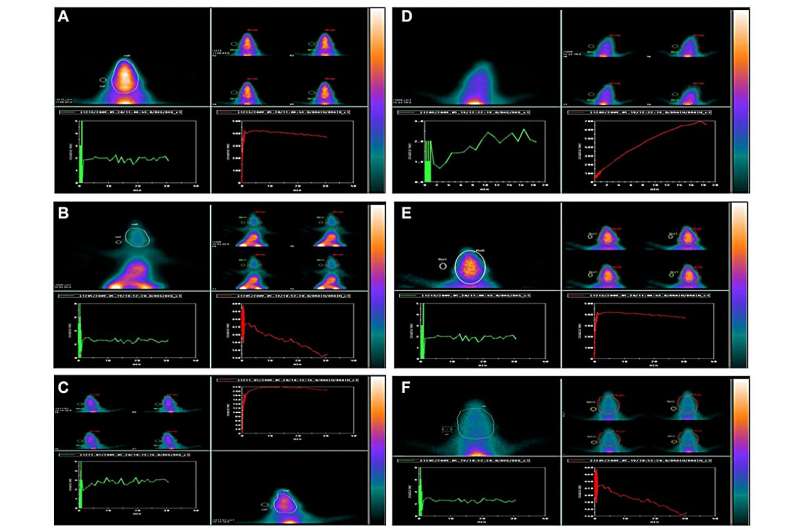This article has been reviewed according to Science X's editorial process and policies. Editors have highlighted the following attributes while ensuring the content's credibility:
fact-checked
proofread
Geraniol attenuates oxidative stress and cognitive impairment in mouse aging model

A new research paper titled "Geraniol attenuates oxidative stress and neuroinflammation-mediated cognitive impairment in D galactose-induced mouse aging model" has been published in Aging.
D-galactose (D-gal) administration was proven to induce cognitive impairment and aging in rodents' models. Geraniol (GNL) belongs to the acyclic isoprenoid monoterpenes. GNL reduces inflammation by changing important signaling pathways and cytokines, and thus it is plausible to be used as a medicine for treating disorders linked to inflammation. In this new study, researchers from King Faisal University, Kuwait University, Center of Biotechnology of Borj-Cedria, Saveetha University, Alexandria University, and Assiut University examined the therapeutic effects of GNL on D-gal-induced oxidative stress and neuroinflammation-mediated memory loss in mice.
The researchers observe, "Life expectancy in the 21st century is rising, resulting in more age-related illnesses, such as memory impairment and Alzheimer's disease. In this study, GNL was studied for its protective effect on D-gal-induced aging in mice."
The study was conducted using six groups of mice, with six mice per group. The first group received normal saline, then D-gal (150 mg/wt) dissolved in normal saline solution (0.9%, w/v) was given orally for 9 weeks to the second group. In the third group, from the second week until the tenth week, mice were treated orally (without anesthesia) with D-gal (150 mg/kg body wt) and GNL weekly twice (40 mg/kg body wt) four hours later. Mice in Group IV were treated with GNL from the second week up until the end of the experiment. For comparison of young versus elderly mice, 4-month-old (Group V) and 16-month-old (Group VI) control mice were used.
"We evaluated the changes in antioxidant levels, PI3K/Akt levels, and Nrf2 levels. We also examined how D-gal and GNL treated pathological aging changes," the researchers explain.
Administration of GNL induced a significant increase in spatial learning and memory with spontaneously altered behavior. Enhancing anti-oxidant and anti-inflammatory effects and activating PI3K/Akt were the mechanisms that mediated this effect. Further, GNL treatment upregulated Nrf2 and HO-1 to reduce oxidative stress and apoptosis. This was confirmed using 99mTc-HMPAO brain flow gamma bioassays.
"Thus, our data suggested GNL as a promising agent for treating neuroinflammation-induced cognitive impairment," the team concludes.
More information: Peramaiyan Rajendran et al, Geraniol attenuates oxidative stress and neuroinflammation-mediated cognitive impairment in D galactose-induced mouse aging model, Aging (2024). DOI: 10.18632/aging.205677




















